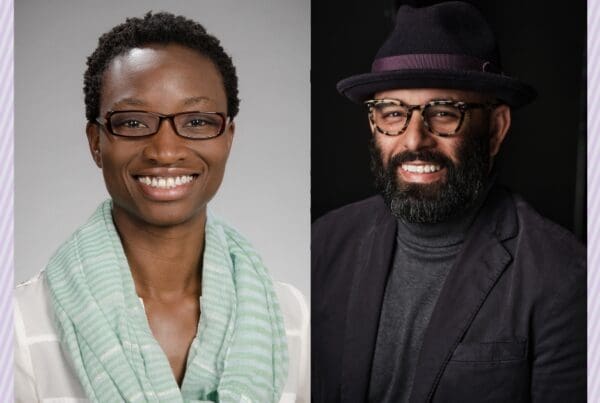On July 1, UW Medicine officially established its Office of Healthcare Equity. The new office is led by Paula Houston, EdD, UW Medicine’s chief equity officer, and consolidates the work of UW Medicine’s Healthcare Equity Program and the School of Medicine’s Center for Equity, Diversity and Inclusion (CEDI).
CEDI’s work focused on advancing diversity and inclusion for students and faculty in the School of Medicine. Meanwhile, the Healthcare Equity Program focused on increasing diversity and reducing implicit bias in the workforce, engaging members of the community in assessing and addressing healthcare equity, and implementing clinical improvements to identify and mitigate disparity in patient care.
Houston says the Office of Healthcare Equity will not only continue these important efforts but also expand UW Medicine’s role as an activist and social justice organization in the community.
“This is the right time to move forward and become a leader in healthcare equity and decrease inequity,” she explains. “We can accomplish more. We need to be part of changing systems and policies, not just within our walls but for the whole healthcare system.”
Becoming an anti-racist and inclusive organization
One of the main ways Houston plans to tackle the issues at hand is to implement anti-racist training for all UW Medicine employees.
“There will be the expectation that every employee at every level will take this training,” Houston explains. “Once there is this training, we can keep people engaged and hold people accountable. We are changing this organization, and we intend to become an anti-racist organization.”
On top of this, she hopes to continue partnering with equity, diversity and inclusion teams within individual departments to help support and further their work on the ground level.
“We are still a tiny team at the Office of Healthcare Equity, and there are 30,000 of us at UW Medicine,” Houston says. “So we are working on a ‘train the trainer’ model so we can develop internal expertise and have a cadre of trainers to help us all do this work.”
Creating a more equitable community for patients
In addition to workplace efforts, Houston hopes to extend UW Medicine’s role as a social justice organization in the larger community to improve the quality of care for patients.
“We have an opportunity to not just be advocates but activists to improve social determinants of health and other structures that are built upon racism and oppression, such as transportation, food security and housing security,” Houston says. “People who are not stably housed have a tougher time staying healthy. People who have lower education have a tougher time staying healthy. It all has an effect.”
She points to tangible actions taken by individual UW Medicine employees, like the March for Social Justice organized by Estell Williams, MD, and Edwin Lindo, JD, on June 6.
In the future, she believes activist work on the institutional level will benefit UW Medicine employees and patients.
“We really want to ensure this work becomes part of the fabric of what UW Medicine is and that it becomes part of our quality improvement processes and practices,” Houston says. “Ultimately, what we’re doing is for our patients. We’re here to serve patients, and we want patients to come here and have the best equitable experience.”


